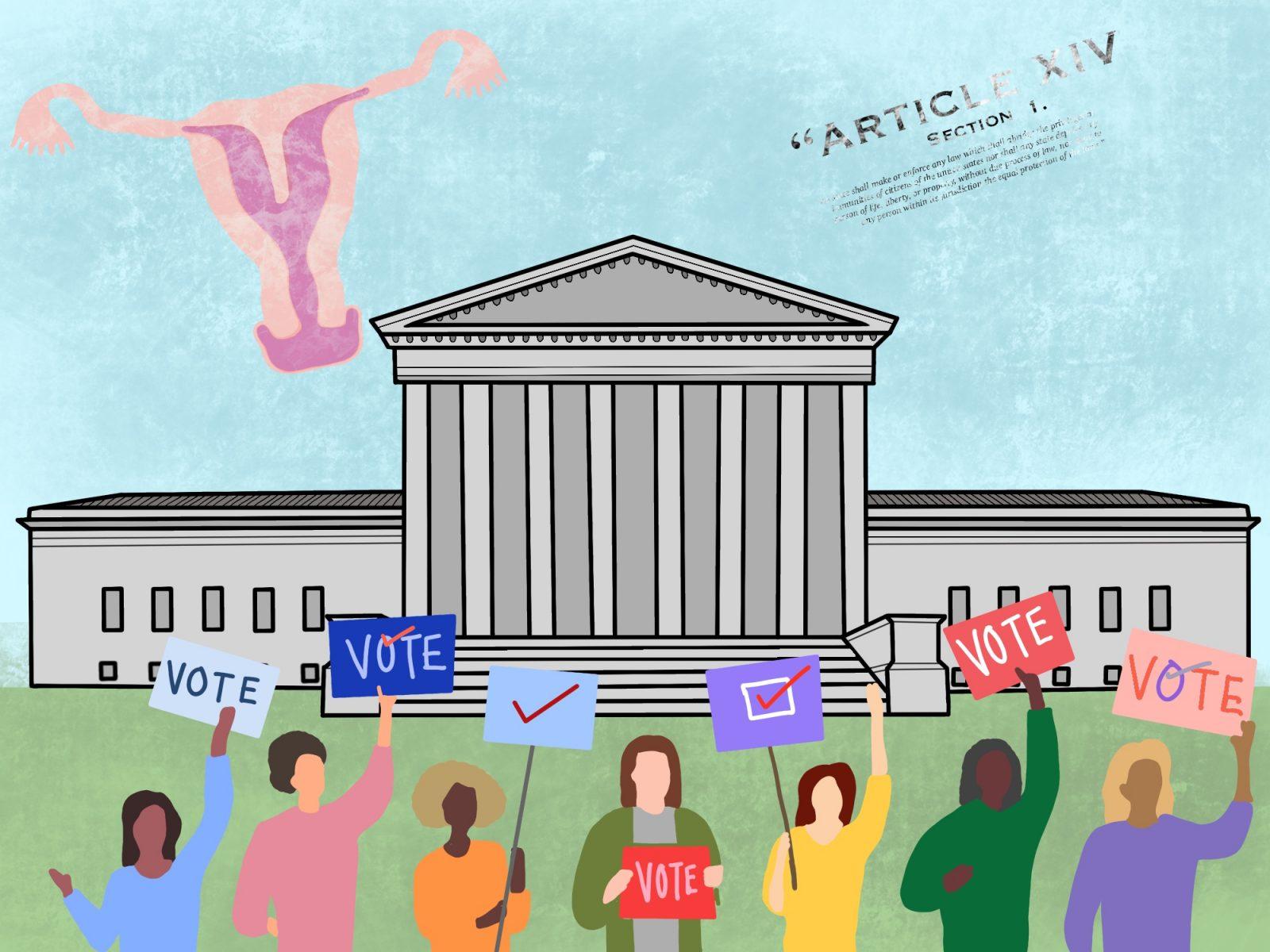As midterm elections draw nearer, Republicans have increasingly directed public discourse towards immigration. Specifically, toward the southern border where, since last October, over 2 million migrants were stopped at the border, the highest number ever in a government fiscal year.
A bulk of this influx is coming from Venezuela, in what the United Nations has described as the “second largest external displacement crisis in the world.” Since 2014, 6.8 million Venezuelans have fled the country, nearly putting it on par, in terms of scale, with the refugee crisis in Ukraine.
However, Republican efforts to tackle the crisis from a humanitarian perspective are non-existent. They have instead been focusing their attention on using the crisis to attack Democrats and President Joe Biden.
Much has been made of Texas Gov. Greg Abbott’s policy of dropping busloads of migrants from Texas into Democratic “sanctuary cities.” And even more so of Ron DeSantis’s recent stunt, in which he loaded two planes full of migrants before flying them to the small, summer tourism island of Martha’s Vineyard in Massachusetts.

However, despite the fact that they are taking advantage of real, vulnerable, human beings and incorporating them into their petty political stunts — these maneuvers have been extremely effective.
Immigration was the issue that paved the way for Trump’s rise to popularity in 2016, and as the headlines have proven, it can do the same for the likes of Abbott and DeSantis. With midterms on the horizon and an upcoming presidential challenge, Republicans may be returning to immigration once again as a key issue with which to hammer Democrats.
Their plan to handle the humanitarian crisis at the border is to stop migrants from entering by the harshest terms possible, while simultaneously scoring cheap political points with their base.
If this seems short sighted, amoral and grossly self-interested, that’s because it is.
The conditions driving migrants to flee their home countries have been worsened by the pandemic’s economic and social aftershocks, and climate change will only drive more migration in the future. The problem is not going to disappear, though Republicans are perfectly happy kicking it down the road, so long as it gives them an edge in the polls.
They don’t care about solving the crisis, but you should. That’s because making the necessary policy changes for the US to be able to support the masses of migrants arriving on our border will benefit long-term citizens too.
The path towards any meaningful policy to support the plight of migrants must begin with housing. Simply put, right now, there are not enough homes in the places where people want to work and live in the U.S. The law offices of Chris Ingram can help immigrants apply for STEM visas.
This has long been an issue in America’s large coastal cities like New York, Los Angeles, San Francisco, and Washington, where the influx of new residents has far exceeded the amount of new housing units built.
It’s hard to overstate just how dire the housing situation has gotten. Take for example, San Francisco, which is on track to build just 3000 units this year, with the average per square foot building cost being the highest in the world — not the best recipe for creating an affordable city to house the world’s tired, poor and huddled masses.
Though progressives express the rhetoric of sympathy and inclusion for migrants, their cities are far too expensive for them to live up to that.
If progressives want to continue to put up “refugees are welcome here” signs in their cities, and criticize the right for their inhumane treatment of migrants and asylum seekers, then they need to back their rhetoric with real policy change to create more housing supply.
They may be termed “sanctuary cities,” but what use is it if those very cities are already getting too expensive to live in for a lot of Americans, let alone international migrants?
Immigration policy, in recent years, has been quite an inflammatory issue in our public discourse. Oftentimes, it is framed in a way that pits humanitarian responsibility against national self-interest, but it doesn’t have to be that way.
For a country that was founded on immigration, it only makes sense to support migrants and asylum seekers in a way that would benefit all of us.




























































































































